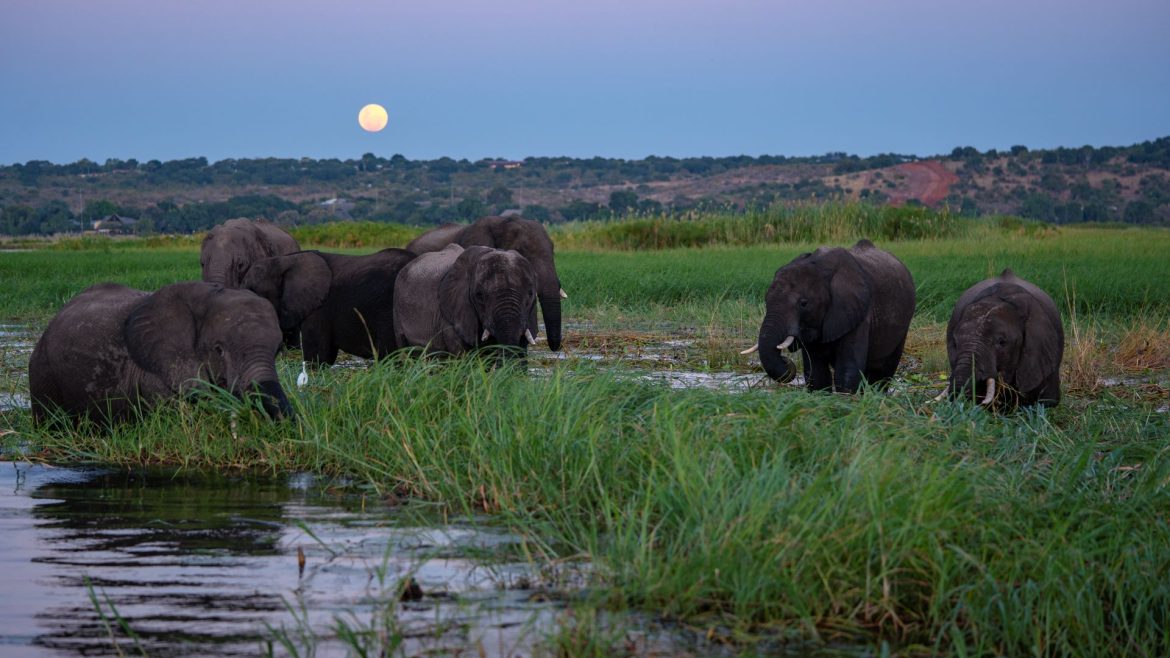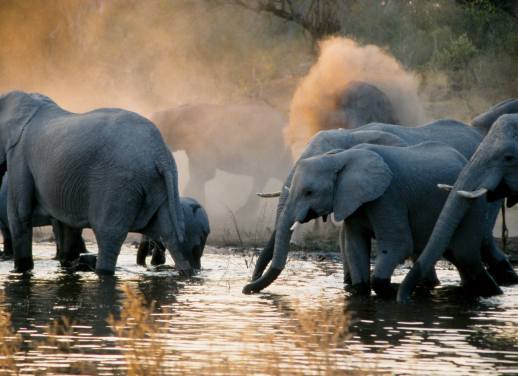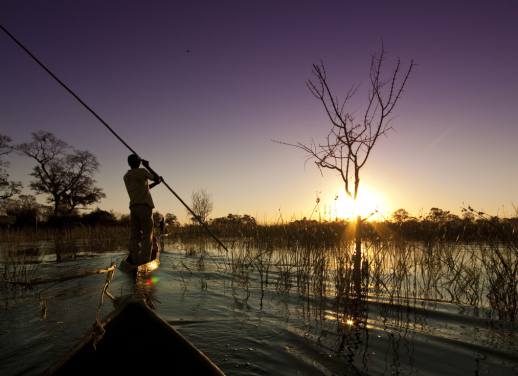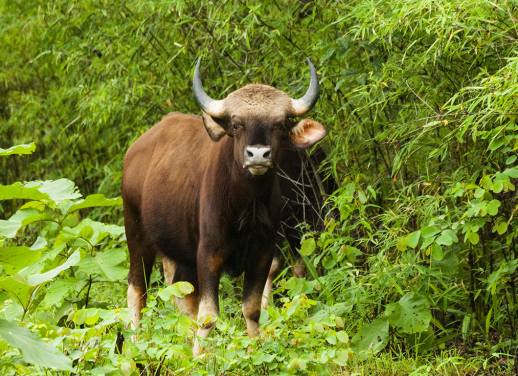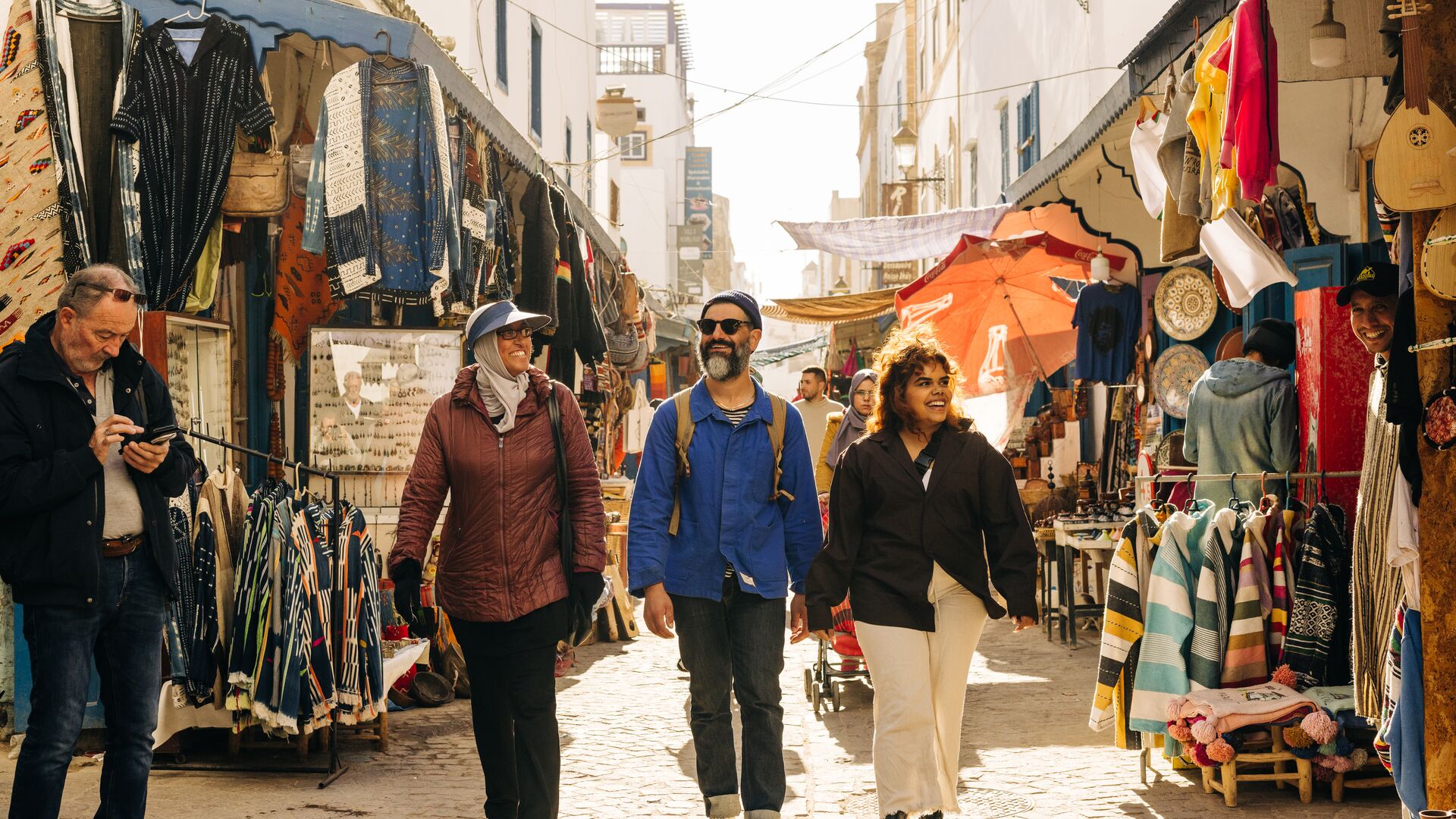When’s the last time you had a beer that made life easier for an elephant? This Botswana brewery is making that happen one beer at a time.
In the town of Maun, Botswana, the gateway to the vast inland Okavango Delta, Okavango Craft Brewery is more than just a producer of lagers and stouts; it’s working to preserve the delicate ecological balance of one of Africa’s most iconic and important landscapes.
The delta is a major safari destination and a key pillar of Botswana’s tourism industry, drawing adventurers and wildlife enthusiasts from every corner of the globe. But despite the delta’s idyllic nature, its ecological integrity faces a range of challenges.
Two thousand species depend on the delta for survival, but so do an estimated 150,000 people, bringing humans and nature into conflict in increasingly severe ways. From the removal of water to out-and-out poaching, the delta and its ecosystems is under threat.
No species is arguably at greater risk than the elephants that call the delta home, the largest population in the world. While some of the threats to the elephants are visceral and horrendous, such as poaching, all too often they’re more mundane and caused not by malice, but by farmers and industrialists trying to make a living in this corner of Africa.
To help preserve the delta and its ecosystems, supporting the farmers is a good place to start. This is where Okavango Craft Brewery comes in.
The brewery’s strategy is simple, but brilliant. They buy millet – a locally growing, versatile grain used to produce beer – from farmers at a premium in exchange for the farmers adopting elephant-friendly farming practices. It’s a win for the farmers, the elephants and the brewery.
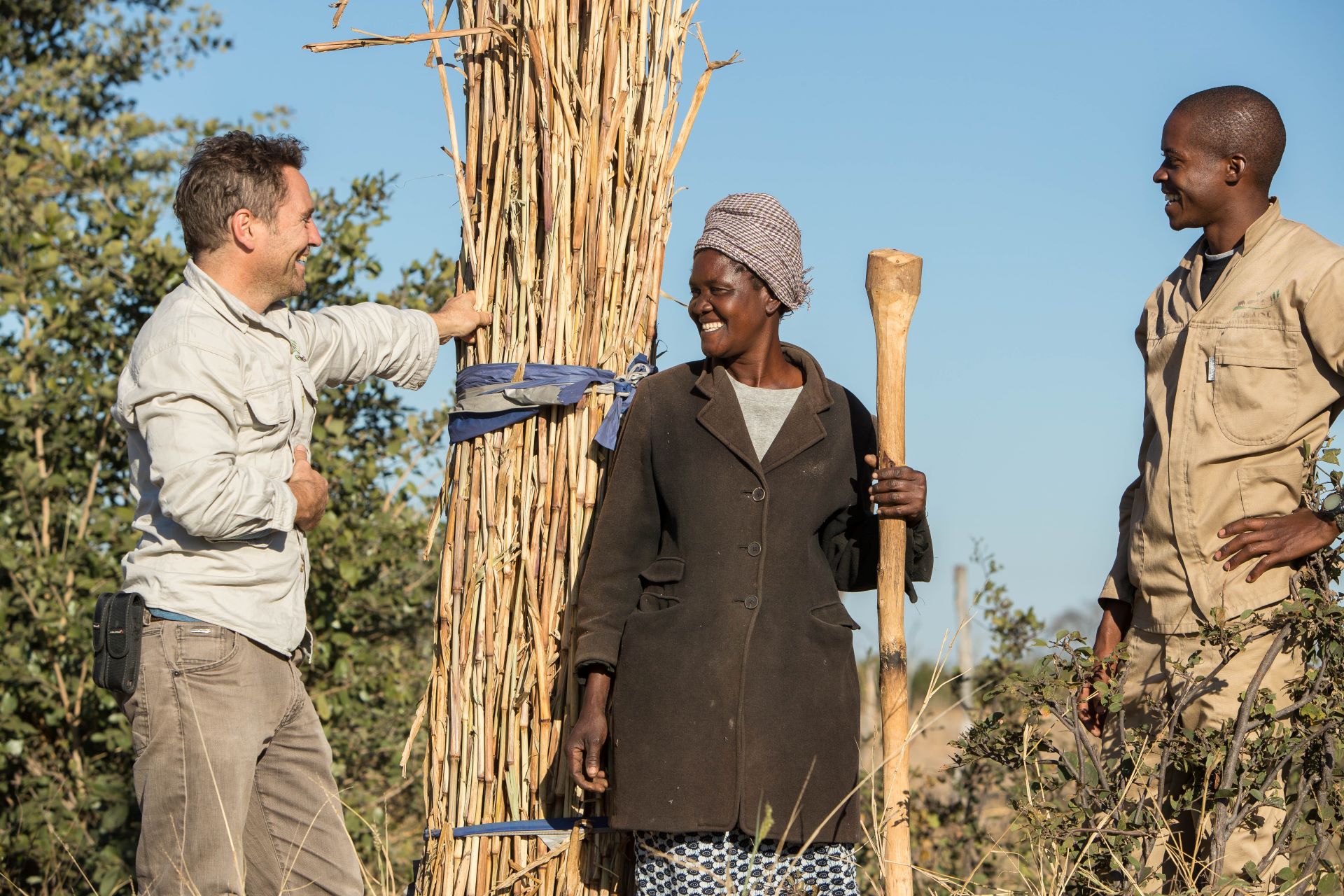
Graham McCulloch, one of the co-founders of environmental NGO Ecoexist and part-owner of the brewery, explains. ‘Farming in the Okavango Delta is a constant battle against challenging weather conditions,’ he says. ‘Now imagine even if you succeed at coaxing your crops to grow, one day you are visited by unwanted guests who can nullify months of effort with a leisurely stroll through the wrong fields. You can see why that might be frustrating.’
The farmers probably don’t refer to elephants stomping on their crops as ‘guests’, but Graham says the tension between humans and elephants is natural.
To mitigate these tensions, Ecoexist works with a cooperative of farmers who grow millet in the Okavango Delta and trains them to adopt elephant-aware farming practices. Graham adds that while elephants can’t be negotiated with, their impact can be dampened by simple changes to farms and fields.
Farming in the Okavango Delta is a constant battle against challenging weather conditions.
Although elephants typically stick to their well-established migration corridors, Graham explains, these intelligent and emotive animals still approach farms. Sometimes they are searching for food, and sometimes they are driven by sheer curiosity.
Typically, farmers beat drums or, for those with the hardware, fire warning shots to drive them off. This can have catastrophic consequences if 11,000 pounds of startled elephants don’t run away from the noise but towards those creating it.
Ecoexist assists farmers in safeguarding their fields. They help them carefully implement safe pathways for elephants by developing less risky methods to deter elephant interactions and integrating intelligent conservation and agricultural practices into the farmers’ routines.
Farmers who join the co-op are required to sign a contract committing to adopting these practices. In return, Ecoexist promises to purchase surplus millet at an above-market price. The millet used for the brews that Okavango Craft Brewery sells to tourists and travellers by the barrel.
Graham calls this the ‘wildlife economy’ and explains that a key factor in coexistence between animals and humans is establishing ‘market-linked incentives’ to reward good, sustainable behaviour.


Murray Stevenson, head brewer at the brewery, believes that millet is the real key. The versatile grain grows readily in the arid ground but is more or less “untapped” in the world of brewing. Unlike other crops, it’s native to the delta, so it carries minimal risk in terms of disease or displacement.
The idea for the brewery was first conceived in 2017, Murray explains. Nearly four years of experimentation, recipe development and bureaucratic hurdles followed. With ill-fated timing, the brewery cast open its doors for the first time in February 2020 – just a month before the pandemic hit and Botswana entered a long, tough lockdown.
‘We initially aimed to establish a brewpub. However, the challenges presented by the pandemic compelled us to take a different approach,’ said Murray. ‘This change in direction turned out to be a blessing in disguise, as it enabled us to evolve into both a brewpub and a supplier to lodges, camps in the Delta and other towns in Botswana.’
The brewery’s team realised there was an opportunity to use beer to help elephant conservation efforts based on their understanding of local farmers and their challenges and priorities. Murray also says that it helps that it’s beer that’s involved. ‘Beer is a great storytelling product. It’s fantastic to sit down and tell a story over a nice cold beer.’
This storytelling is at the heart of what Intrepid visitors can expect when they visit the brewery on Okavango & Beyond or Okavango Experience. While tasting the millet-based beers will no doubt be the highlight for some, the narrative of human-elephant coexistence will be felt by all, Murray feels.
Beer is a great storytelling product. It’s fantastic to sit down and tell a story over a nice cold beer.’
Visitors are treated to a guided tour of the brewery, gaining first-hand insight into how millet is transformed into malted grain and eventually into beer. Any self-professed brewing experts will note that Okavango Craft Brewery malts its own millet grain – an extra step that most breweries don’t have to do, but a necessary one given the geographical and economic constraints of the region.

On tap, you might find some of the brewery’s classic brews like the Delta Lager, Kingfisher IPA, Panhandle (an English-style bitter pale ale) or Old Bull, an Irish-style stout
‘By bringing people into the taproom, you have the opportunity to tell the story and promote the idea of what we’re actually doing,’ Murray says. This open door approach ensures that the brewery can make an enduring connection with its patrons that lasts long after the beers’ flavour notes have faded.
‘We’re proud of the elephant economy that Ecoexist has been able to create so far, including the Okavango Craft Brewery,’ Graham says. ‘When you ask for an Okavango craft beer, you’re really saying that you want to drink this beer because you understand it contributes directly to farmers who are proving that you can peacefully coexist with elephants.’
‘When you come to see Botswana and you see elephants in the wild, it’s unbelievable. But we must understand what it means for the population here to have to live side by side with these beautiful creatures. Okavango Craft Brewery is a way for visitors to do something small but tangible that supports those farmers, the elephants and the region in turn.’
Discover this new experience on Okavango & Beyond or Okavango Experience. Find out what else is new for 2024 with The Goods.

